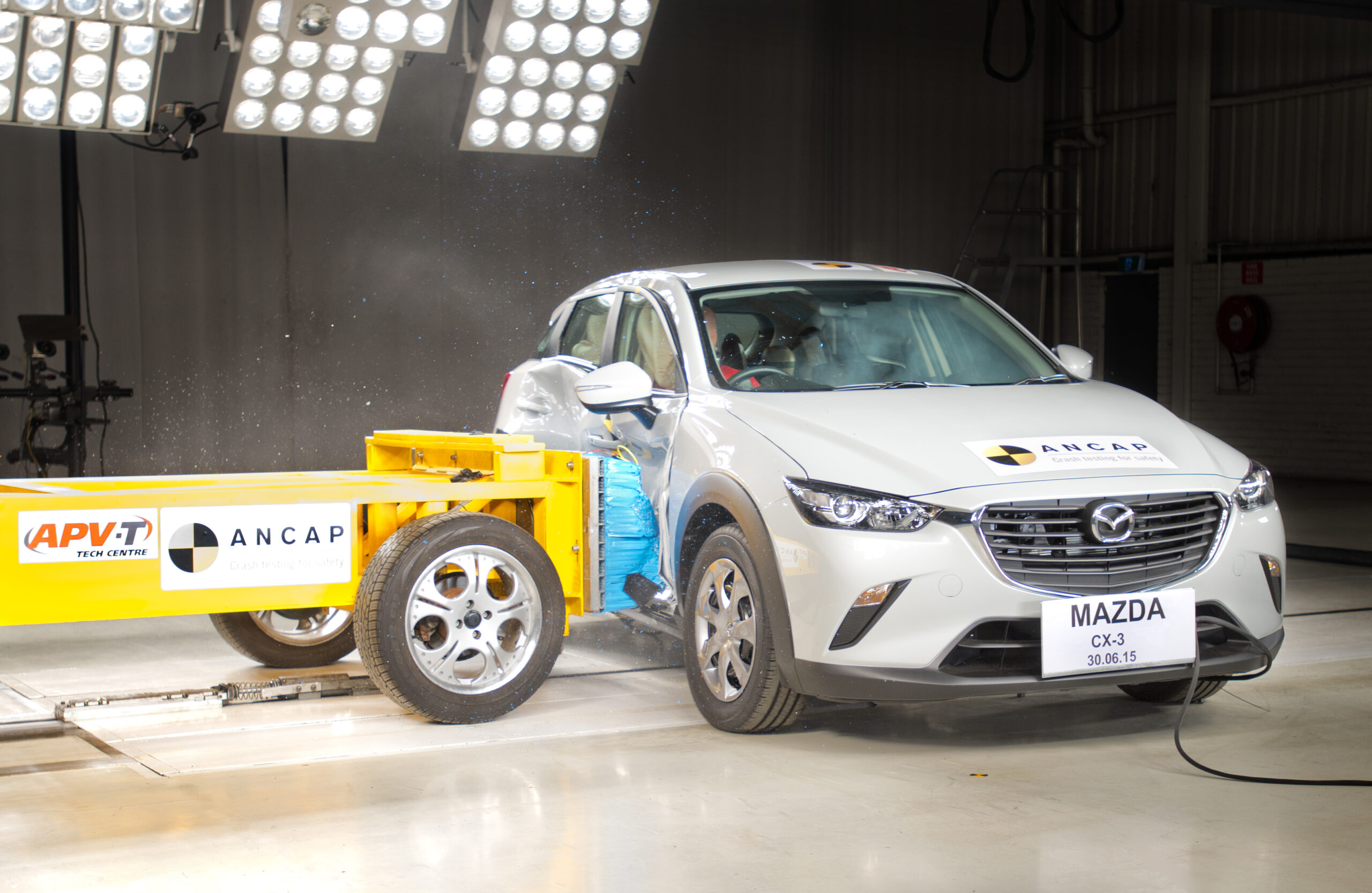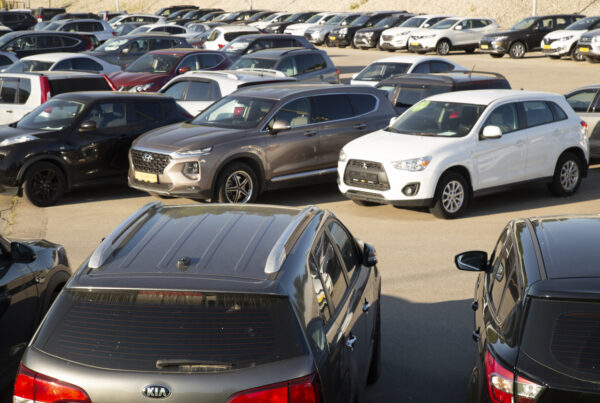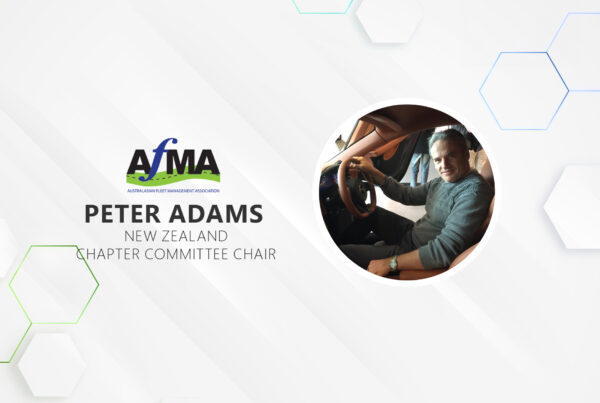It is common for most organisations to adopt a policy of only acquiring 5 Star Safety Rated Passenger & Light Commercial Vehicles, as assessed nationally by ANCAP.
While this may have been ‘class leading’ policy a few years ago it’s generally taken for granted these days as most vehicles sold in these categories meet these high standards. Many Passenger Vehicles joined the 5 Star Club 10+ years ago, while Utilities were a few years behind and Vans are still catching up – with some mixed results!
Having conducted Fleet Reviews for organisations with the presence of mind to have independent fleet operations undertaken, two things have stood out to me:
- Vehicle Safety is too often neglected as a criterion for replacement. The focus on ‘sweating’ assets by retaining them for as long as possible often overrides commitments to improving Driver Safety through safer vehicles, which continue to evolve substantially courtesy of higher levels of specification.
- Vehicle Safety Ratings from years ago may be referred to as if they meet current standards which is not the case.
These issues have recently been brought into focus with the recent announcement by ANCAP that a rating validity period will be applied to vehicles rated prior to their alignment with Euro NCAP assessment protocols, which took effect from January 2018.
Background
Up until the end of 2017, ANCAP applied a different set of assessment criteria to that of Euro NCAP that were less stringent. This had the potential to cause inconsistencies in ratings for vehicles tested in both Europe and Australia.
Additionally, Safety Ratings for vehicles assessed by ANCAP prior to 2018 were not subject to a period of rating validity.
ANCAP has determined that the presence of older ratings has the potential to create confusion among consumers, and inappropriate comparisons between vehicles designed and rated against vastly different protocols.
Notably, ANCAP increases the breadth and stringency of its ratings criteria/protocols approximately every two years.
Vehicle Safety Testing
Since January 2018, all vehicles rated by ANCAP are evaluated against four key areas of assessment:
- Adult Occupant Protection
- Child Occupant Protection
- Vulnerable Road User Protection
- Safety Assist
A range of assessments are conducted for each key area, with the vehicle required to meet minimum score thresholds for each star rating level.
New ANCAP Policy
To bring existing ANCAP Safety Ratings (which pre-date the introduction of the six year period of validity) in line with current policies, ANCAP have amended their Application of Star Ratings Protocol.
From December 2022, vehicles which hold a current ANCAP Safety Rating with a datestamp of 2017 or earlier will begin to expire – see below table.
| ANCAP RATING ‘DATESTAMP’ | RATING EXPIRY DATE |
| 2015 or earlier | 31 December 2022 |
| 2016 | 31 December 2023 |
| 2017 | 31 December 2024 |
Fleet Policy Considerations
Firstly, it must be emphasised that since 2018, ANCAP Safety Ratings have a 6 year validity period and this new policy is about bringing consistency to the overall ratings system.
However, in practice it often seems that these validity periods are either unknown or are ignored when establishing policy.
Importantly, the validity periods are appropriately aligned with the typical average model lifecycle of Passenger Vehicles and SUVs.
Your Fleet Policy
Implementing and adhering to good Fleet Policy is about investing in your employees, as well as managing organisational risk. Remember, providing a ‘safe workplace’ for employees is a WHS requirement.
So, you may like to ask yourself a few questions to determine if your organisation is planning and implementing ‘best practice’:
- What Vehicle Safety guidelines do you have in your Fleet Policy?
- Is your Fleet Policy being adhered to in practice?
- Are those vehicles that are less than 5 Stars being disposed of as a priority in your replacement schedule?
- Is your organisation relying on Safety Ratings that are no longer valid?
With long lead times prevalent for most new vehicle purchases these days, planning ahead is increasingly important in maintaining high standards of fleet management, including the safety of your employees.
Read more from Paul Oliver, the Director & Principal Consultant of Fleet Advisory. Paul provides independent expert advice and consulting services relating to fleet – see https://fleetadvisory.com.au/




















